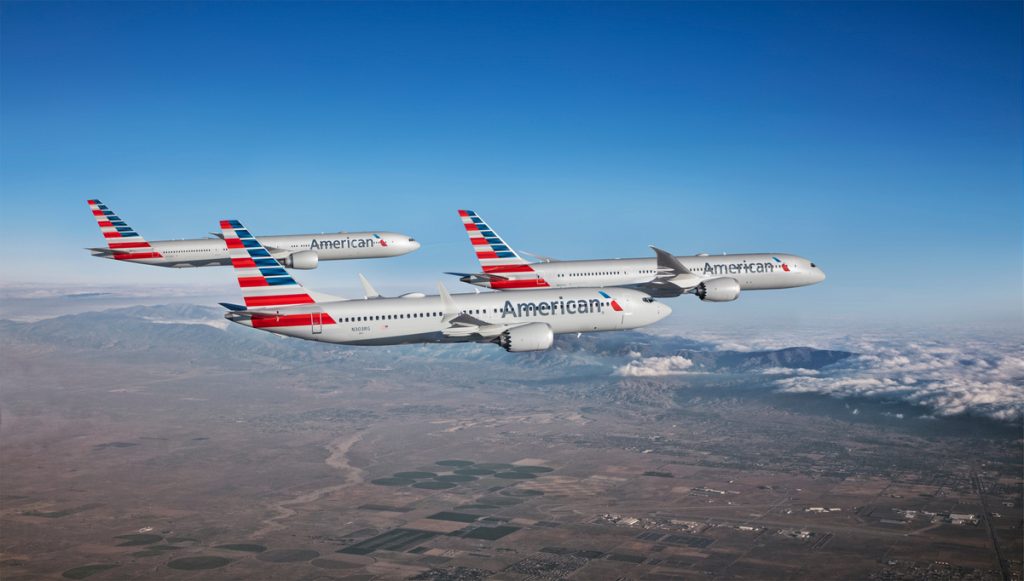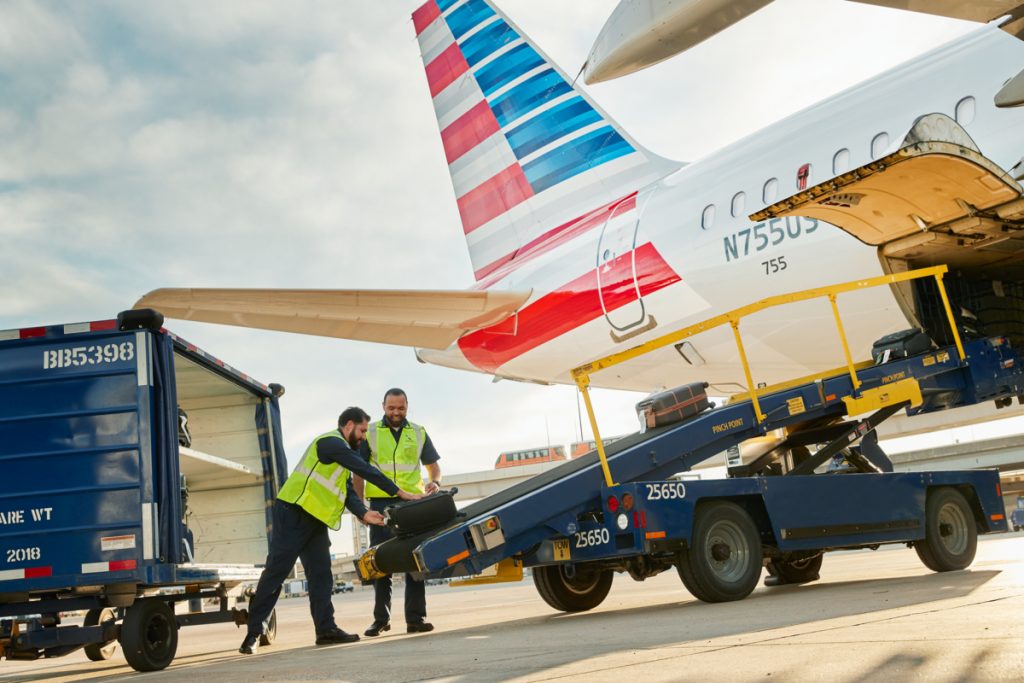
American Airlines’ move to the cloud lands more connected tech and travel experiences for employees and customers
As air travel and tourism returns to pre-pandemic levels, the commercial aviation industry is ready to welcome travelers back into the air. And digital technology has the potential to help airlines create a smoother travel experience, especially for those who may not have traveled in the past few years.
American Airlines, the world’s largest airline, is one of the first global airlines to recognize and embrace this opportunity. To minimize disruptions in the airport, on the tarmac and throughout the system, American and Microsoft are partnering to streamline operations, better empower team members and enhance customer experiences using the Microsoft Cloud.
Through this partnership, the airline is equipping its frontline workers with access to information and insights that streamline ground operations and make travel a more pleasant experience for customers, as well as applying data and other technologies to enhance business processes.

“Reliably operating thousands of flights around the world to take customers to hundreds of destinations is critical to American, which is why the airline has chosen Microsoft’s technology to support our applications,” says American Airlines’ Chief Information Officer Maya Leibman.
Improving costs and increasing efficiency
For airlines and customers who are trying to make a connecting flight, minutes count. Together, American and Microsoft are applying the power of AI, machine learning and data analytics to reduce the taxi time for flights, giving connecting customers extra time to make their next flight while also saving thousands of gallons of jet fuel and decreasing CO2 emissions for the American Airlines fleet. Built on Azure, American’s intelligent gating program provides real-time analysis of data points, including routing and runway information to automatically assign the nearest available gate to arriving aircraft.
Gating decisions for American’s 136 gates at Dallas/Fort-Worth International Airport (DFW), for example, have traditionally required more manual involvement from gate planners. Now, the program can look at multiple data points simultaneously for the hundreds of daily arrivals, saving more than a minute of taxi time per flight. That can not only eliminate up to 10 hours of taxi time per day but also 870,000 gallons of jet fuel each year at DFW – equating to a CO2 emissions reduction of more than 2,600 metric tons annually.

Empowering frontline teams
Prior to the pandemic slowdown, technology investments across all industries tended to focus on simplifying customer experiences. In the travel industry, high-visibility customer-facing systems and smartphone apps received significant funding. Meanwhile, frontline systems received less attention, prompting mobile employees without regular access to desktop or laptop computers to rely instead on texting and consumer apps.
In fact, according to a Microsoft Work Trends Index Special Report, one-third of all frontline workers say they do not have the right technological tools to do their job effectively; that number rises to 41 percent for those in non-management positions.
American Airlines is addressing its frontline workers’ technology needs, equipping them with solutions like ConnectMe, a Microsoft Teams-based solution leveraging PowerApps and Azure, which the airline developed in partnership with Microsoft. Using the app, team members can access real-time data from any mobile device. With key arrival, boarding, baggage and gate information now at their fingertips, American’s frontline teams have accelerated aircraft turn times at dozens of airports in the United States.
By empowering its team members with modern technology to streamline communication and coordination, the airline is driving operational efficiency while also creating a more connected, inclusive worker-friendly culture.
![]()
Driving innovation
Running the world’s largest airline is no small feat. Through its partnership with Microsoft, American is on track to migrate and centralize its entire portfolio of strategic operational workloads in the cloud. Operations Hub on Azure will connect American’s data warehouse, several legacy applications and other tools in one place, making the airline one of the first to embrace a comprehensive cloud strategy for all areas of its business. The move will allow American to save costs, increase efficiency and scalability, and make progress toward its ambitious sustainability goals.
“With the power of Microsoft Azure, American can innovate and accelerate its technology transformation, giving our team members augmented tools to provide our customers with an enhanced travel experience,” says Leibman.
It’s been rewarding to see how the world’s largest airline has embraced technology to propel innovation, and we’re excited to reach new heights together for years to come.
(Photos courtesy of American Airlines)

